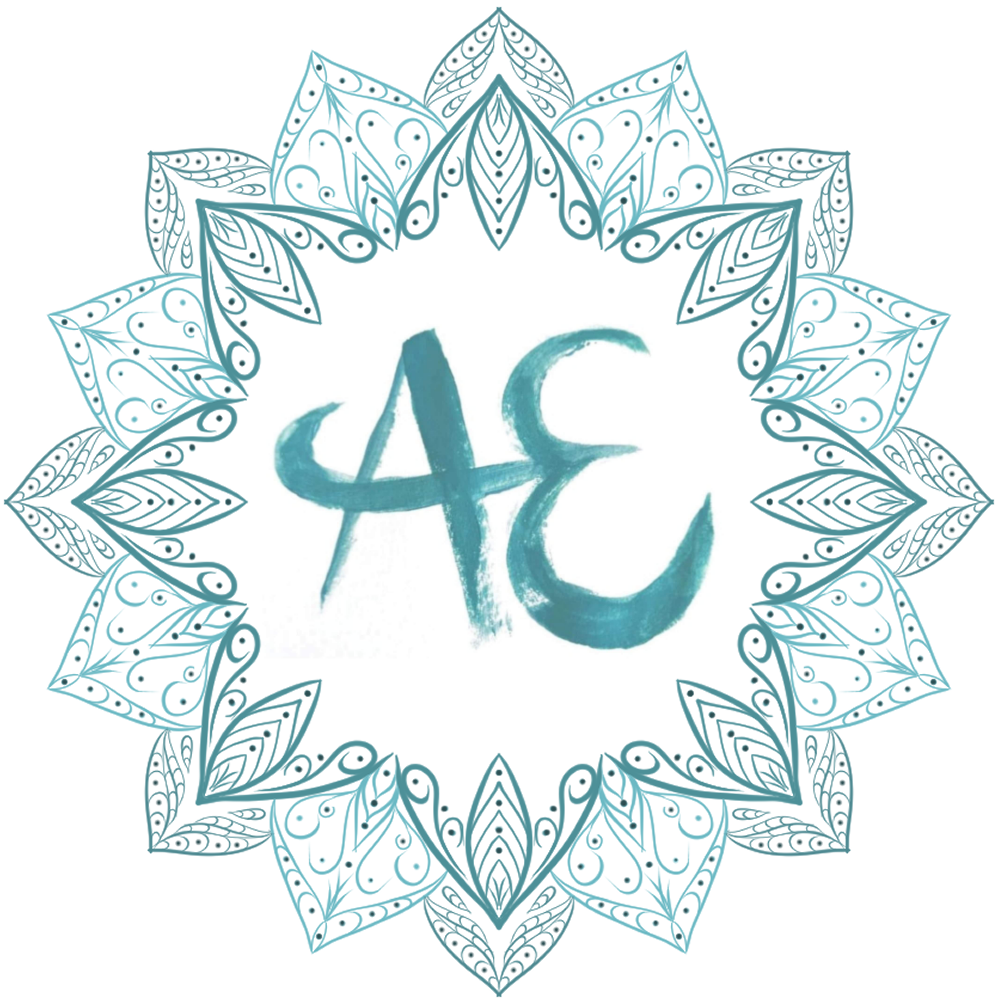This blog hopes to offer a brief summary of the menstrual cycle and menopause. If you want to know more, please either speak to me or use an NHS source.
Menstrual Cycle
The menstrual cycle prepares the body for reproduction. Typically, periods start at around aged 10-14 years old. The average cycle is 28 days although they can vary from 24-35 days. Some women have irregular periods. Day 1 of the cycle is counted as the first day the period starts.
There are three phases. First, the follicular phase, second is ovulation and then the final phase is the luteal phase.
1. Follicular Phase: The follicular phase starts with the womb lining breaking down (your period). It typically lasts about 5 days but can be shorter or longer. Then following this, a hormone is produced that stimulates the ovary to produce oestrogen and this stimulates the lining of the uterus to grow again in preparation for pregnancy.
2. Ovulation: This is when an egg is released from its follicle. There is a half degree drop in body temperature and a change in female discharge. Some people can feel a slight pain when ovulation happens. Which ovary releases the egg is random – they don’t often alternate. The egg can only be fertilised in a window of 12-24 hours.
3. Luteal Phase: The luteal phase lasts the longest of the 3 (a total of 14 days). The empty follicle is stimulated and releases hormones that encourages the continued thickening of the womb lining. If pregnancy doesn’t occur, then hormone levels drop and the cycle starts again.
Irregular Periods
Irregular periods can be caused by many things including physical upsets, emotional upsets, stress, contraception change, thyroid problems, and hormone imbalance.
Hormone imbalance can happen due to weight loss or gain, heavy exercise, stress, or illness.
Irregular bleeding is common in the first few years during puberty. It can be difficult to know when a period is coming due to ovulation being 14 days before the start of a period. It makes sense that the womb lining (endometrium) gets thickest around day 14 to day 20.
Menopause
The menopause is the process towards the menstrual cycle ending. It typically happens around the ages of 47-52. For some, periods just stop but generally speaking, ovulation becomes erratic and therefore there is a change in a woman’s periods.
The menopause results in the reduction of oestrogen being produced and this can cause a range of symptoms:
- Hot flushes
- Headaches
- Night sweats
- Irritability
- Insomnia
There are many physical changes, but I shall just name a few: weight gain, reduction in vaginal secretions, the uterus shrinks and loss of bone bulk making osteoporosis more likely. Hormone replacement therapy can help with symptoms, but this doesn’t come without risks. Please ask your health care provider if you care considering this.
Fun Fact: Men experience a psychological menopause that results in tiredness, a change in body shape, a reduction in sex drive and aches and pains. It is sometimes compared with the well-known male ‘midlife crisis’. Women have a reduction in hormones, while men keep producing testosterone into their 70’s.
Complementary Therapies
Reflexology, essential oils, massage, reiki and yoga can all help with the range of experiences women go through relating the menstrual cycle. If you are struggling with your cycle or the menopause, please get in contact to find out what complementary therapies can do for you!


